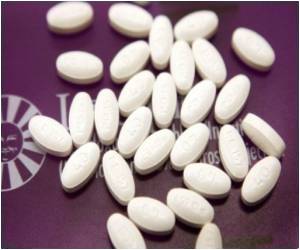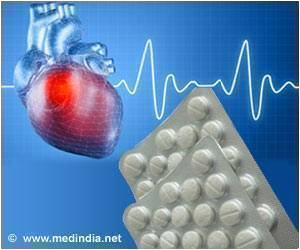A new research has found that cholesterol-reducing statins might help keep breast cancer at bay.

"The data raises the possibility that we might identify subsets of patients whose tumors may respond to statins," study co-author Carol Prives of the Columbia University was quoted as saying.
"Of course we can't make any definitive conclusions until we know more," she said.
She said that a clinical trial of statins in breast cancer based on the mutation status of the tumor suppressor, p53, may be in order. The p53 tumor suppressor acts to regulate many aspects of cell proliferation, generally putting the brake on uncontrolled growth.
More than half of all human cancers carry mutations in the p53 gene. Many of these mutations don't simply disrupt the normal function of p53, they also endow p53 with new functions that promote, instead of inhibit, cancer formation.
Mice lacking p53 develop cancer and die but mice carrying tumor-derived mutant forms of the p53 gene suffer from more aggressive disease. What these mutant forms of p53 are actually doing is a big question in cancer research.
Advertisement
Further studies, led by study first author William Freed-Pastor, traced the structural changes to a cholesterol-building pathway (called the mevalonate pathway). This is the same pathway targeted by cholesterol-lowering statins.
Advertisement
With collaborators in Norway, Prives and Freed-Pastor analyzed breast cancer tissue taken from patients to find that mutations in p53 and elevated activity of mevalonate pathway genes tend to go together in human tumors too. While those findings are encouraging that the cell culture findings may have clinical relevance, Prives emphasizes that it will take considerably more work to confirm that.
"It is what it is... There are great implications, but nothing clinical yet. Perhaps one could do a clinical trial, and that may support these findings, or it may be more complicated," she said.
The research was reported in the January 20th issue of the journal Cell, a Cell Press publication.
Source-ANI















